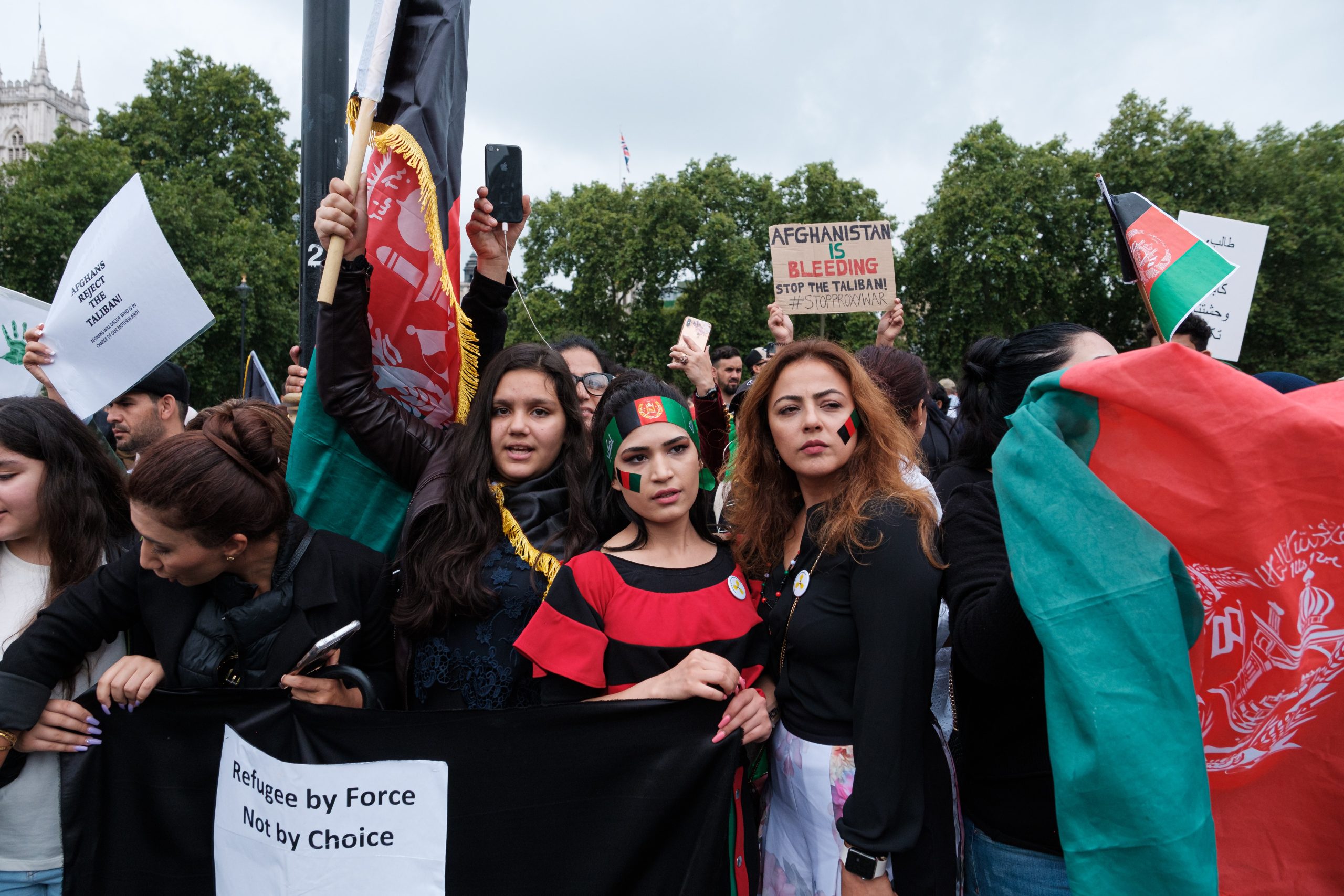On 9 October, the UN Human Rights Council adopted by consensus a European Union-led resolution renewing the mandate of the UN Special Rapporteur on Afghanistan. Despite ongoing calls from human rights groups and defenders, the resolution does not establish a mechanism to advance justice, accountability and reparation for past and ongoing grave human rights violations and abuses, some of which amount to crimes against humanity, including gender persecution against women and girls.
Last month, ninety Afghan, regional and international non-governmental organisations renewed their appeal for the Council to establish an independent investigative mechanism, complementary to the Special Rapporteur’s mandate, with a mandate to collect and preserve evidence of international crimes committed in Afghanistan. Such a mechanism would support and strengthen accountability efforts, including at the International Criminal Court and the International Court of Justice. This call was echoed in a joint statement by ISHR and partners during the interactive dialogue with the Special Rapporteur at this session.
However, as noted by South Africa during the resolution’s adoption, the resolution does provide a strong basis on which the Human Rights Council ‘can and indeed must build going forward’. The resolution includes language that provides a blueprint for future action and acknowledges the need for further action to advance accountability including through the ‘collecting, preserving and analysing evidence of crimes’. The resolution referenced the report by the Office of the High Commissioner for Human Rights, which was presented to the Human Rights Council earlier this session, which identified the need to address deeply entrenched impunity for abuses during decades of conflict in Afghanistan. The OHCHR report highlighted the importance of collecting and preserving evidence of abuses for future accountability and transitional justice processes, and proposed guiding principles for accountability efforts, including that they are comprehensive, multidimensional, victim-centred, and gender-responsive.
At this Council session, Afghanistan’s Universal Periodic Review was also adopted. Building on our joint submission, ISHR, WILPF and Forum Asia noted that gender persecution is taking place within an institutionalised system of gender-based discrimination, segregation and oppression; meaning that the people in Afghanistan, particularly women and girls, are living under a regime of gender apartheid.
As UN experts have concluded, ‘nowhere else in the world has there been an attack as widespread, systematic and all-encompassing on the rights of women and girls as in Afghanistan’, and the situation continues to deteriorate, with women and girls facing arbitrary restrictions in every area of their lives.
‘Governments need to take action. An independent accountability mechanism to address past and ongoing abuses in Afghanistan that adopts a gender-responsive approach, and effectively investigates the gendered dimensions of violations and abuses is urgently needed. It will respond to calls from women human rights defenders and contribute towards the pursuit of justice for all in Afghanistan, including women and girls; justice which demands a multifaceted approach. The time to act is now,’ said ISHR’s Tess McEvoy.




